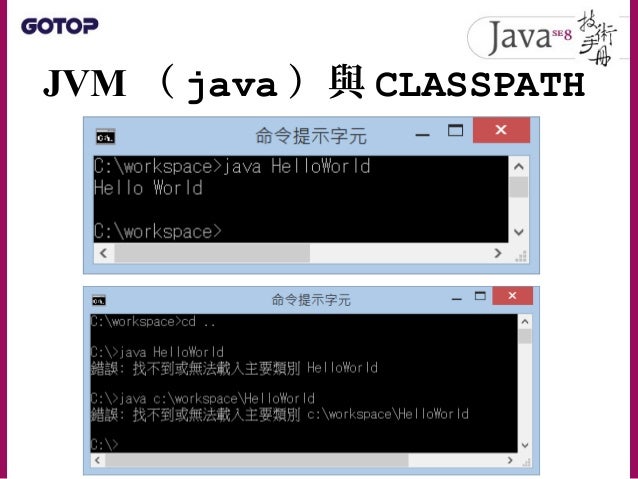

- #DO I NEED JAVA 8 UPDATE 131 PATCH#
- #DO I NEED JAVA 8 UPDATE 131 VERIFICATION#
- #DO I NEED JAVA 8 UPDATE 131 CODE#
- #DO I NEED JAVA 8 UPDATE 131 ZIP#
If is defined and evaluates to false, then all caching will be disabled for HTTP SPNEGO connections. With this change, we now provide a new system property that allows control of the caching policy for HTTP SPNEGO connections. In some applications, it may be desirable to disable all caching for the HTTP SPNEGO (Negotiate/Kerberos) protocol in order to force requesting new authentication with each new request to the server. In addition, connecting to an HTTP server using SPNEGO usually involves keeping the underlying connection alive and reusing it for further requests to the same server. When connecting to an HTTP server that uses SPNEGO to negotiate authentication, and when connection and authentication with the server is successful, the authentication information will then be cached and reused for further connections to the same server. Caching for HTTP SPNEGO connections remains enabled by default, so if the property is not explicitly specified, there will be no behavior change. New system property to control caching for HTTP SPNEGO connection.Ī new JDK implementation specific system property to control caching for HTTP SPNEGO (Negotiate/Kerberos) connections is introduced. Please periodically check the Oracle JRE and JDK Cryptographic Roadmap at for planned restrictions to signed JARs and other security components.
#DO I NEED JAVA 8 UPDATE 131 ZIP#
Zip -d test.jar 'META-INF/.SF' 'META-INF/.RSA' 'META-INF/*.DSA' Before re-signing affected JARs, the existing signature(s) should be removed from the JAR file. Alternatively, the restrictions can be reverted by removing the applicable weak algorithms or key sizes from the security property however, this option is not recommended. To address the issue, the JAR file will need to be re-signed with a stronger algorithm or key size. Timestamp signature algorithm: SHA256withRSA, 2048-bit key Timestamped by "CN=strong_tsa" on Mon Sep 26 08:59:

Signature algorithm: MD5withRSA (weak), 512-bit key (weak) More details can be displayed by using the verbose option: Re-run jarsigner with the -verbose option for more details. The jar will be treated as unsigned, because it is signed with a weak algorithm that is now disabled. If the file in this example was signed with a weak signature algorithm like MD5withRSA, the following output would be displayed:


Running "jarsigner -verify" on a JAR file signed with a weak algorithm or key will print more information about the disabled algorithm or key.įor example, to check a JAR file named test.jar, use the following command: To check if a weak algorithm or key was used to sign a JAR file, one can use the jarsigner binary that ships with this JDK. This property contains a list of disabled algorithms and key sizes for cryptographically signed JAR files. The list of disabled algorithms is controlled via the security property,, in the curity file.
#DO I NEED JAVA 8 UPDATE 131 CODE#
#DO I NEED JAVA 8 UPDATE 131 VERIFICATION#
If the signed JAR file uses MD5, signature verification operations will ignore the signature and treat the JAR as if it were unsigned. This JDK release introduces a new restriction on how MD5 signed JAR files are verified. For more information, see JRE Expiration Date. After either condition is met (new release becoming available or expiration date reached), the JRE will provide additional warnings and reminders to users to update to the newer version.
#DO I NEED JAVA 8 UPDATE 131 PATCH#
This JRE (version 8u131) will expire with the release of the next critical patch update scheduled for July 18, 2017.įor systems unable to reach the Oracle Servers, a secondary mechanism expires this JRE (version 8u131) on August 18, 2017. Critical patch updates, which contain security vulnerability fixes, are announced one year in advance on Critical Patch Updates, Security Alerts and Third Party Bulletin. The JRE expires whenever a new release with security vulnerability fixes becomes available. JRE Security Baseline (Full Version String)


 0 kommentar(er)
0 kommentar(er)
